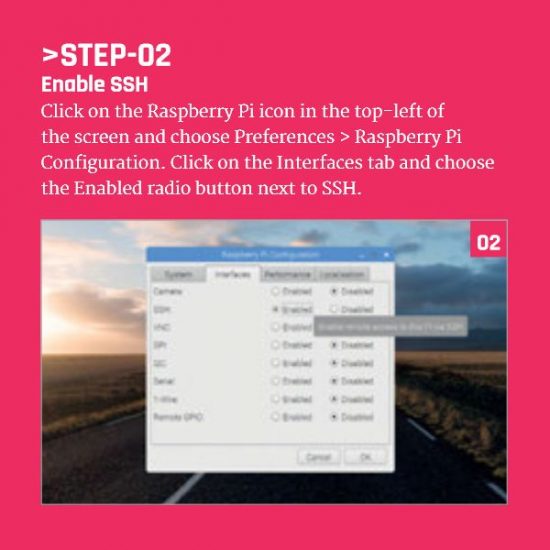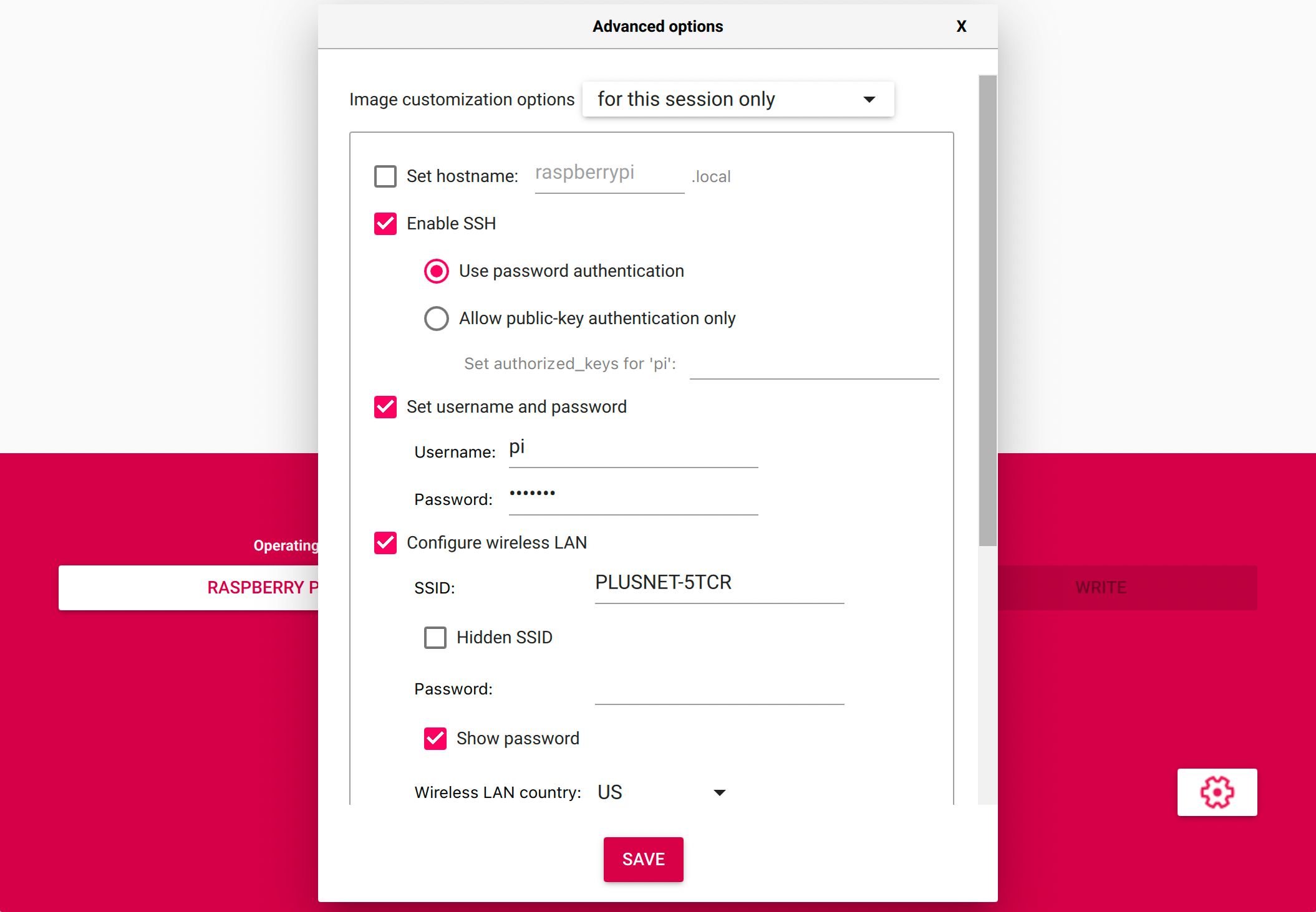Remote IoT platform SSH on Raspberry Pi has become a cornerstone for modern tech enthusiasts and professionals alike. In today’s interconnected world, the ability to remotely control and monitor Internet of Things (IoT) devices is not just a luxury but a necessity. Whether you're a hobbyist or a professional developer, understanding how to set up and manage SSH on a Raspberry Pi can significantly enhance your IoT capabilities. This guide dives deep into everything you need to know about downloading, configuring, and optimizing remote IoT platforms using SSH on Raspberry Pi.
This article is designed for individuals seeking to enhance their knowledge of IoT and remote management systems. By the end of this guide, you will have a comprehensive understanding of how to leverage SSH for remote access, ensuring secure communication between devices and improving overall efficiency in your IoT projects.
We will explore the technical aspects of setting up SSH on Raspberry Pi, discuss potential challenges, and provide actionable solutions. Additionally, we will highlight best practices to ensure security and reliability in your IoT setup. Let’s get started!
Read also:N Cake Nyc The Ultimate Guide To New York Citys Trendiest Dessert Spot
Table of Contents
- Introduction to Remote IoT Platform SSH
- Raspberry Pi Overview
- Understanding SSH Basics
- Download and Installation of SSH
- Configuration Steps for SSH
- Securing Your SSH Connection
- Accessing IoT Devices Remotely
- Troubleshooting Common Issues
- Best Practices for Managing IoT Platforms
- Conclusion and Call to Action
Introduction to Remote IoT Platform SSH
Remote IoT platform SSH allows users to manage and control IoT devices from any location with an internet connection. This capability is crucial for maintaining and troubleshooting devices without physical access. By leveraging SSH (Secure Shell), you can establish a secure connection to your Raspberry Pi and other IoT devices.
Why Choose SSH for IoT?
SSH is favored for its robust security features, ease of use, and widespread compatibility. It encrypts all data transmitted between devices, ensuring privacy and protection against unauthorized access.
- Encrypted communication
- Reliable and secure connections
- Supports multiple platforms
Raspberry Pi Overview
Raspberry Pi is a versatile single-board computer that serves as the foundation for countless IoT projects. Its affordability, compact size, and powerful processing capabilities make it an ideal choice for both beginners and experienced developers.
Key Features of Raspberry Pi
- Multiple GPIO pins for interfacing with sensors and actuators
- Support for various operating systems
- Built-in networking capabilities
Understanding SSH Basics
SSH, or Secure Shell, is a network protocol that provides a secure way to access remote computers. It is particularly useful for managing IoT devices like Raspberry Pi, as it ensures that all communication is encrypted and secure.
How SSH Works
SSH establishes a secure tunnel between the client and server, allowing users to execute commands remotely. It uses public-key cryptography to authenticate users and encrypt data during transmission.
Download and Installation of SSH
Setting up SSH on Raspberry Pi is straightforward. The first step is to download and install the necessary software.
Read also:Why Skims Pj Sets Are Becoming The Ultimate Sleepwear Trend
Steps to Install SSH
- Download the latest Raspberry Pi OS image from the official website.
- Flash the image onto an SD card using tools like BalenaEtcher.
- Enable SSH by creating an empty file named "ssh" on the boot partition.
- Insert the SD card into your Raspberry Pi and power it on.
Configuration Steps for SSH
Once SSH is installed, proper configuration is essential for smooth operation.
Configuring SSH on Raspberry Pi
- Access the Raspberry Pi configuration tool.
- Enable SSH from the interfaces menu.
- Set a strong password for the default "pi" user.
Securing Your SSH Connection
Security should be a top priority when using SSH for remote access. Implementing best practices can help protect your IoT devices from potential threats.
Security Tips for SSH
- Use strong, unique passwords.
- Enable two-factor authentication (2FA).
- Regularly update your Raspberry Pi OS and SSH software.
Accessing IoT Devices Remotely
With SSH configured, you can now access your IoT devices from anywhere in the world. This section outlines the process for connecting to your Raspberry Pi remotely.
Connecting to Raspberry Pi via SSH
Use an SSH client like PuTTY (for Windows) or the terminal (for macOS and Linux). Enter the IP address of your Raspberry Pi, along with the username and password, to establish a connection.
Troubleshooting Common Issues
Even with careful setup, issues can arise. Here are some common problems and their solutions:
Common SSH Issues
- Connection Refused: Ensure SSH is enabled and the Raspberry Pi is connected to the network.
- Authentication Failure: Double-check your username and password.
- Network Issues: Verify your network settings and firewall configurations.
Best Practices for Managing IoT Platforms
Adopting best practices ensures that your IoT platform remains secure, efficient, and reliable.
Key Best Practices
- Regularly back up your Raspberry Pi data.
- Monitor network activity for suspicious behavior.
- Document your setup and configuration details for future reference.
Conclusion and Call to Action
Remote IoT platform SSH on Raspberry Pi offers unparalleled flexibility and control for managing IoT devices. By following the steps outlined in this guide, you can successfully download, install, and configure SSH, ensuring secure and reliable remote access to your devices.
We encourage you to share your experiences and insights in the comments section below. Additionally, explore other articles on our site to deepen your knowledge of IoT and related technologies. Together, let’s build a smarter, more connected world!


